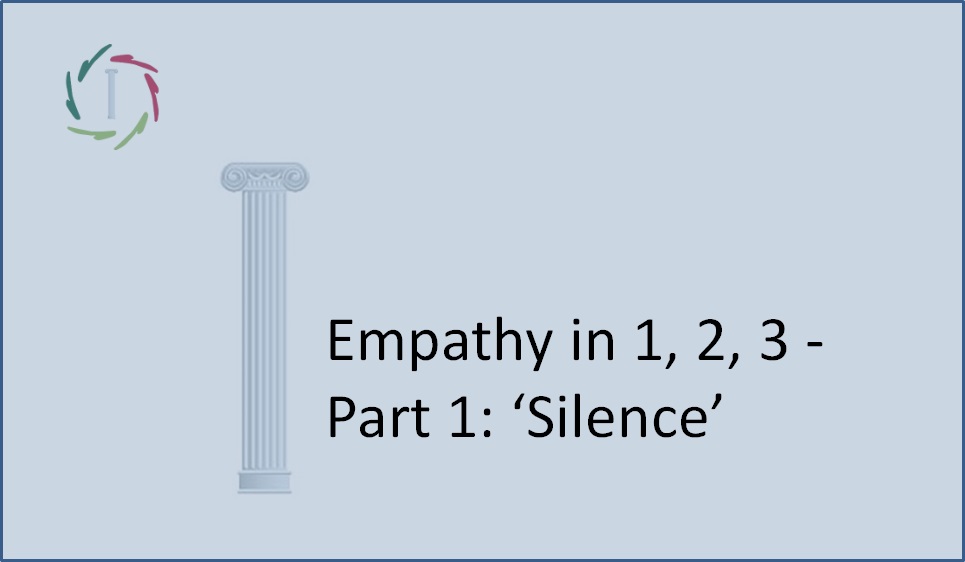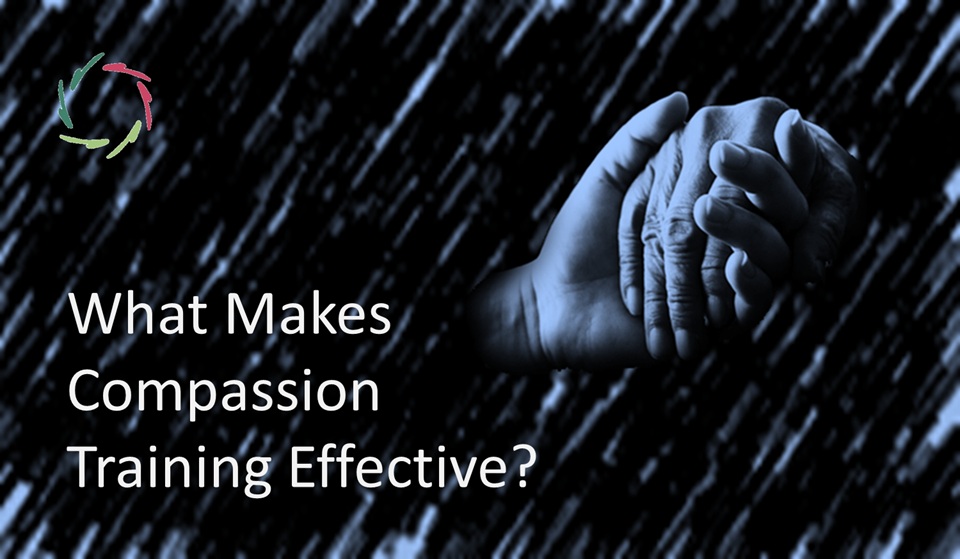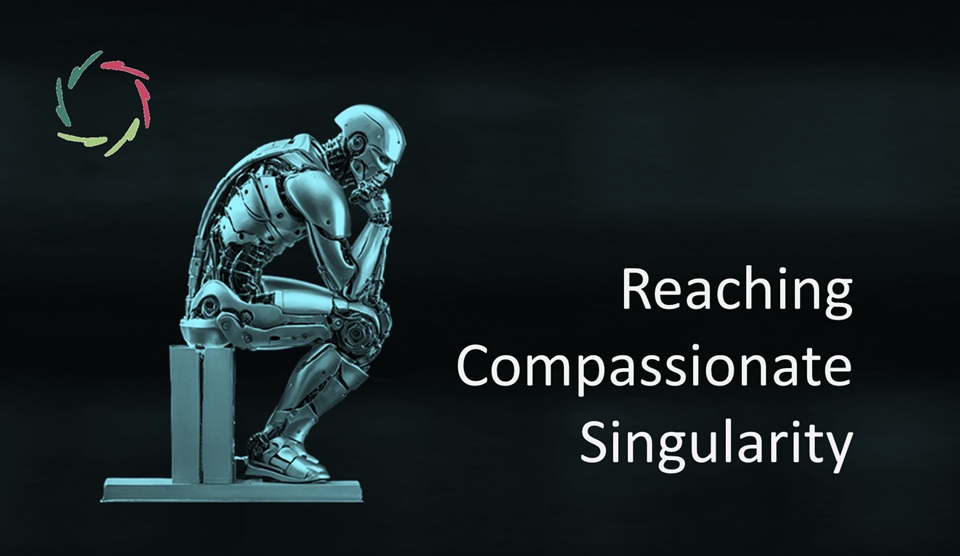22. Empathy in 1, 2, 3 – Part 1: ‘Silence’

Silence is the mental space in which the patient may be him/herself.
Harsh destination
In a previous column, you could read about the importance of empathy. [see: “Empathy: What it Was, Is and… Will Be?“] An empathic doctor does not need to be convinced of that. A non-empathic doctor does, because for him it is, by definition, just not real.
That creates a paradox: this text is specially written for those who initially see in it little to no benefit. I give to them this advice: Look for something else, especially if this ‘something else’ seems nonsense to you. Does the way forward seem softy? The final destination is not, because it is, to a great extent, about the health and well-being of your patients. I have no hesitation to claim (and not only me): Your empathy is often more important than your strictly medical practice. Your empathy also determines your strictly medical practice.
An empathic doctor works with Silence
Bull’s eye. Have you heard about Silence in your training? I haven’t in mine. Perhaps some students would run out of the aula, screaming. Or perhaps not. What may prevent them from doing so is either youthful idealism or the wisdom of maturity. I sincerely hope that you are either youthful or mature enough (or at best, both at the same time) to continue reading.
Silence may be prolonged or it may be momentary or even no noiseless silence at all. Silence is in fact something else. It is the silence behind the words, that may sometimes come to the fore between the lines, sometimes in short pauses between words. Do you understand?
In principle, Silence is underlying. If you listen, it is always present.
It is the color palette on which the words of the patient get meaning, beyond their mere information value.
A litmus test of your attention for silence may occur if there is suddenly a real silence. Do you feel uneasy? Is it a ‘painful silence’ that you are trying to fill with words or actions: filling merely in order to fill? Then you are not in contact with the Silence of the patient.
Does, however, a little real silence feel like that spot where you reach a turning point in understanding, motivation, compliance, even the evolution of the patient? Congratulations!
Silence is the space in which the patient may show him/herself.
You are – hopefully – an important figure in the life of the patient, also at a symbolic level. Even if he/she sees you for the first and perhaps the only time. You symbolize the pursuit of health. Not only the reduction of symptoms but really completely good health. If the patient gets Silence from you, you give him the space he needs to work on his own health.
This translates in the first place into a good and efficient anamnesis. The patient will more quickly tell you the things that really matter and would otherwise only come to the surface after a certain time, or not at all. An allergy that one used to suffer from. A potential genetic predisposition. A reason why the patient will not take the medication you prescribe. An indication that the patient would benefit more from a psychological approach to his problem…
Otherwise, you might ignore it for a long time. It might possibly cost you a lot of time and frustration, to the patient lots of misery, to the Insurance much money, and so on…
Silence leads to better somatic treatment. Silence also leads to the patient’s gratitude for your empathy. And so it also helps you to improve your job satisfaction.
Time in a positive balance
As with other factors of empathy, it is important to point out that, eventually, Silence costs little time. If you use it right, you will save time. If you have much time though, you can of course seek the Silence in effectively allowing a longer-lasting period of true silence. In that case, it is interesting to ensure that you do not think of being deprived of your time because of this.
Real Silence is something by which you cannot lose anything.
On the contrary, you get something priceless: the feeling and the knowledge that you really mean something to this patient. He will always remember who you were.
The person who makes time for Silence will thus overcome time itself in this special way.


